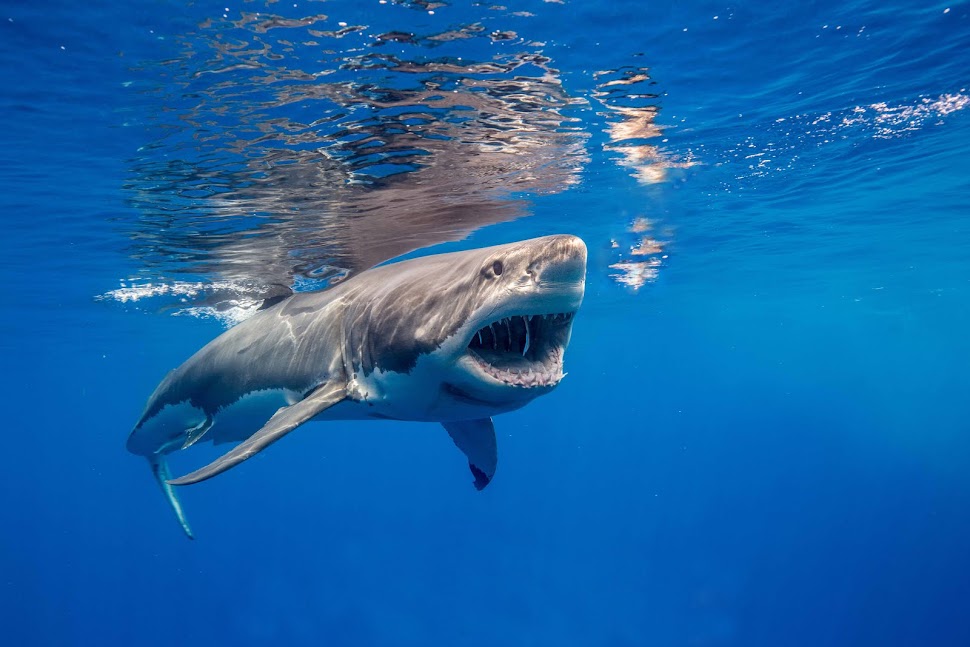 Scientists and South Australian cage-diving operators are collaborating in a world-first project to ensure the State’s eco-tourism activities take good care of Australia’s protected white sharks.
Scientists and South Australian cage-diving operators are collaborating in a world-first project to ensure the State’s eco-tourism activities take good care of Australia’s protected white sharks.The research, led by Flinders University and SARDI shark ecologist, Dr Charlie Huveneers, will provide important information to help the State Government manage the growing industry which relies on the survival of the threatened species. Its outcomes will also help inform similar cage diving operations around the world in places such as New Zealand, South Africa and Mexico.
Dr Huveneers’ team and cage operators are working together over the next year to tag ten white sharks which inhabit the area around Australia’s main cage-diving operations off the remote Neptune Islands, 75 kilometres from Port Lincoln. Two 3.5 metre white sharks have been tagged to date.
“Berleying activities at the Neptune Islands have recently been increasing. However, the impacts of such activities are still poorly understood, and there is a need to investigate how berleying might affect white shark behaviour and movements” Dr Huveneers said.
“Previous studies in South Africa indicated that white sharks became ‘habituated’ to berleying rather than ‘conditioned’. As a result, sharks might become less attracted to berley,” he said.
“The white shark cage-diving industry at the Neptune Islands attracts a large amount of tourism to South Australia and Port Lincoln. It is important to ensure that this industry is sustainable and that it does not negatively impact on the white shark population frequenting the Neptune Islands.
“Sharks also play an important role in the ecosystem with the removal of top predators having shown to cause cascading effects down the food web.”
“Our research will hopefully provide crucial data which will help the Department for Environment and Heritage and PIRSA Fisheries to assess if the current level of berleying undertaken by the white shark cage-diving industry around the Neptune Islands is impacting on shark behaviour.”
Dr Huveneers says the team is using fine-scale positioning technology accurate to within one metre to track the sharks. Sharks are tagged with an acoustic tag as they swim past the boat allowing researchers to record their positions in relation to the cage-diving boats for a period of up to 45 days.

No comments:
Post a Comment